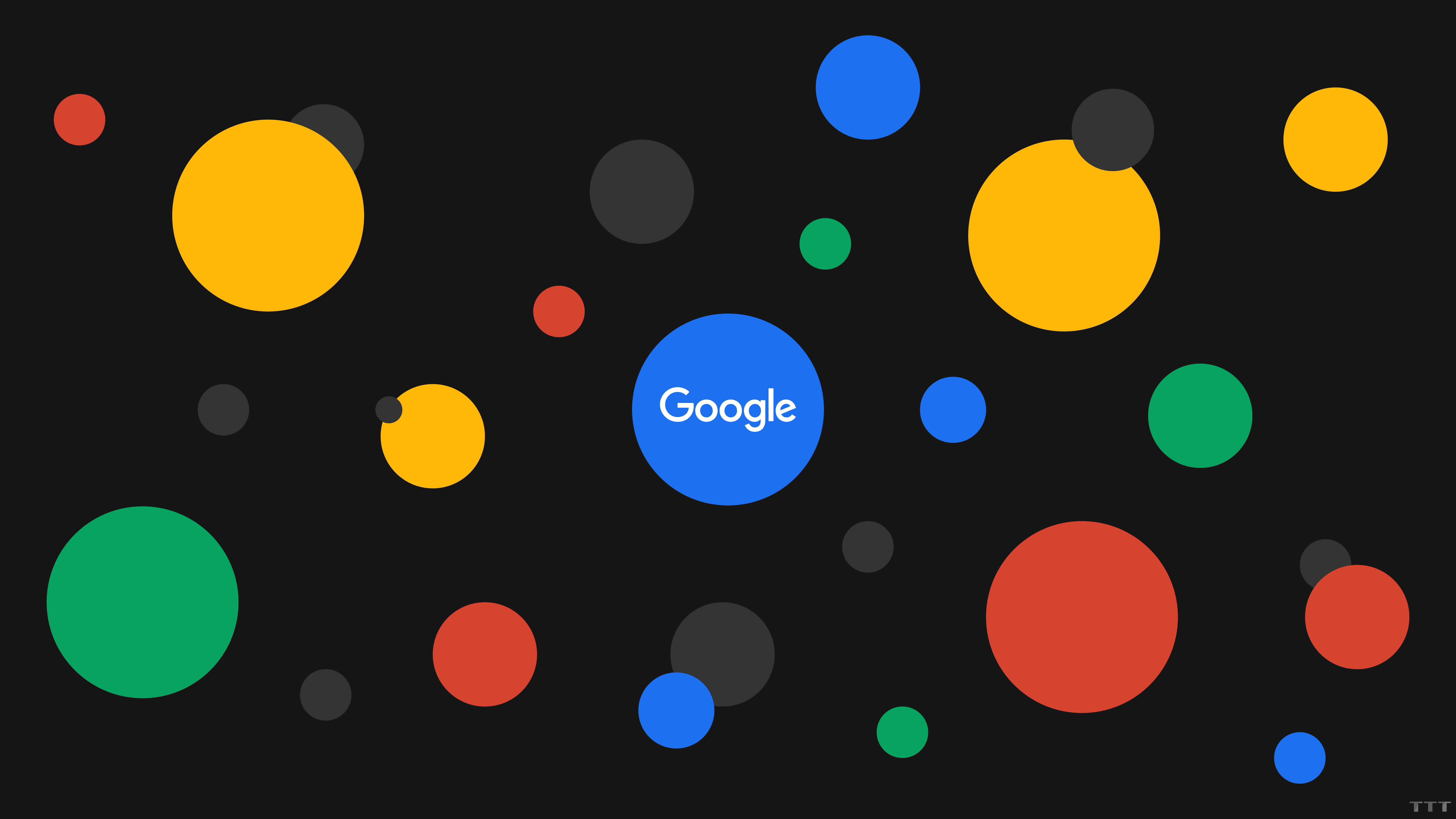August 4th, 2021
The end of an era
Google has announced the end of an era in digital advertising – they will be phasing out support in the Chrome browser for third-party cookies over the next two years. This change has been widely anticipated in the industry (we even wrote abut it in our 2020 predictions here) as Google are really playing catch-up in this case. Safari and Firefox both block 3rd party cookies by default, and the new Microsoft Edge has much better tools to allow you to change tracking options manually.
Cookies, the little pieces of code left on your computer to allow advertisers to follow you around the web, have been a core part of online advertising. They have been instrumental in creating the profiles that marketers use when creating targeted campaigns across nearly every platform. Getting rid of cookies “fundamentally makes everything different,” said Ari Paparo, head of digital ad firm Beeswax and a former Google executive. If the first era of online advertising was direct sales between publishers and advertisers, and the second era was algorithm-driven bidding, a system without cookies will be the third, Paparo said.
Why the change?
Recent changes, like the EU’s GDPR regulations, have made cookie tracking much more visible to the public. The inclusion of privacy pop-ups on nearly every website informing you of the cookies on-site, as well as the companies involved, has made the public much more aware of the fact that they are being followed online by a myriad of trackers. Google has billed the change as a concession to changing sentiments toward online data collection. “Users are demanding greater privacy — including transparency, choice and control over how their data is used — and it’s clear the web ecosystem needs to evolve to meet these increasing demands,” Chrome Engineering Director Justin Schuh said in a blog post following the announcement.
What’s next?
What this won’t change, is the ability to target users through advertising systems like Google Ads. A ‘digital fingerprint’ using a combination of indicators like device ID, signed in Google accounts, IP addresses and browsing history will be used to profile users just as effectively as third party cookies were ever able to. What will change however, is the ability for third party data companies including Programmatic Advertising providers, and content marketing companies like Outbrain to effectively identify users and larger audiences.
For companies effected, at least the change isn’t going to be sudden. The two-year time period for the phase-out of cookies should give marketers some time to adjust, and the search giant has said it’s seeking input from the industry as it works to find ways to help support online advertising going forward.
#MAVERICKTOURISM
Celebrating the women of Maverick who keep on raising the bar and lifting us up to new heights this #InternationalWomensDay. They`re marketers, they`re mothers, they`re managers… and some days, they`re absolute magicians! Here`s to the wāhine toa right across the industry who help deliver incredible holiday memories for our manuhiri, every day of the year 💃🙌

Celebrating the women of Maverick who keep on raising the bar and lifting us up to new heights this #InternationalWomensDay. They`re marketers, they`re mothers, they`re managers… and some days, they`re absolute magicians! Here`s to the wāhine toa right across the industry who help deliver incredible holiday memories for our manuhiri, every day of the year 💃🙌
Sharing the aroha this Valentines 💖
#valentines #welovemarketing #digitalmarketing #digitalagency

Sharing the aroha this Valentines 💖
#valentines #welovemarketing #digitalmarketing #digitalagency
We`re so excited to welcome two new superstars to the Maverick team 🥳
Zara is our new Content & Social Media Coordinator (aka our Insta ninja 🥷 and resident #tiktok expert) and Emi is our new Digital Performance Coordinator who brings a fresh perspective and a hunger for industry insights, helping to deliver the best results for our clients.
Welcome to the team, we`re SO excited to have you on board! 🎉
#newhire #welcome #kiaora #wearemaverick #newteammates

We`re so excited to welcome two new superstars to the Maverick team 🥳
Zara is our new Content & Social Media Coordinator (aka our Insta ninja 🥷 and resident #tiktok expert) and Emi is our new Digital Performance Coordinator who brings a fresh perspective and a hunger for industry insights, helping to deliver the best results for our clients.
Welcome to the team, we`re SO excited to have you on board! 🎉
#newhire #welcome #kiaora #wearemaverick #newteammates
Final emails = sent 📧
Out-of-office = on 👩💼
Brews = flowing 🍺
Meri Kirihimete and Happy Holidays from the Maverick family to yours, and we`ll see you back in Jan 🎄🏖

Final emails = sent 📧
Out-of-office = on 👩💼
Brews = flowing 🍺
Meri Kirihimete and Happy Holidays from the Maverick family to yours, and we`ll see you back in Jan 🎄🏖
Our Christmas shenanigans slayed this year 🎉 Swapping spreadsheets for sequins and sparkles, we rounded off 2023 at the hilarious @caluzzicabaret 🥂🎭

Our Christmas shenanigans slayed this year 🎉 Swapping spreadsheets for sequins and sparkles, we rounded off 2023 at the hilarious @caluzzicabaret 🥂🎭
You`ve got the questions, we`ve got the answers!
Join an incredible line-up of Maverick experts and industry thought leaders, as we dive into the biggest trends and innovations in tourism marketing that you NEED to know.
There`s just a handful of tickets remaining - so grab yours now and we`ll see you at Auckland`s B:HIVE on Tuesday 5 December 🎫
#tourismmarketing #faqs #demystifyingAI #networking #conference

You`ve got the questions, we`ve got the answers!
Join an incredible line-up of Maverick experts and industry thought leaders, as we dive into the biggest trends and innovations in tourism marketing that you NEED to know.
There`s just a handful of tickets remaining - so grab yours now and we`ll see you at Auckland`s B:HIVE on Tuesday 5 December 🎫
#tourismmarketing #faqs #demystifyingAI #networking #conference
AI mythbusters, at your service 🧠👩🔧👨🔧
#ReadyOrNot #TourismMarketing #DemystifyingAI #WeAreMaverick

AI mythbusters, at your service 🧠👩🔧👨🔧
#ReadyOrNot #TourismMarketing #DemystifyingAI #WeAreMaverick
Happy Halloween from the guys and ghouls at Maverick 🎃👻
@bhivenz #halloween #spooky #trickortreat #marketingagency #wearemaverick

Happy Halloween from the guys and ghouls at Maverick 🎃👻
@bhivenz #halloween #spooky #trickortreat #marketingagency #wearemaverick
Five cheers for Kelly! 🎉🎉🎉🎉🎉
An absolute rockstar in creating digital ads, crunching ROI numbers, navigating the stormy seas of Facebook, and baking yummy lolly cake - we`re stoked to celebrate Kelly`s (our very first employee!) five year anniversary at Maverick this week.
A massive mihi and arohanui to our favourite `ninja` Kelly - Maverick wouldn`t be the same without you 🥰
#5years #workaversary #wearemaverick

Five cheers for Kelly! 🎉🎉🎉🎉🎉
An absolute rockstar in creating digital ads, crunching ROI numbers, navigating the stormy seas of Facebook, and baking yummy lolly cake - we`re stoked to celebrate Kelly`s (our very first employee!) five year anniversary at Maverick this week.
A massive mihi and arohanui to our favourite `ninja` Kelly - Maverick wouldn`t be the same without you 🥰
#5years #workaversary #wearemaverick
Out and about catching up with our wonderful clients - there’s nothing better than experiencing their epic products first-hand! Thanks for having us @volcanicairnz and @offroadnzrotorua 🙌🤗

Out and about catching up with our wonderful clients - there’s nothing better than experiencing their epic products first-hand! Thanks for having us @volcanicairnz and @offroadnzrotorua 🙌🤗
Lets Talk
Ready to connect?
We're a team of tourism and digital experts who hang our hats on doing high impact work that affects your bottom line.




